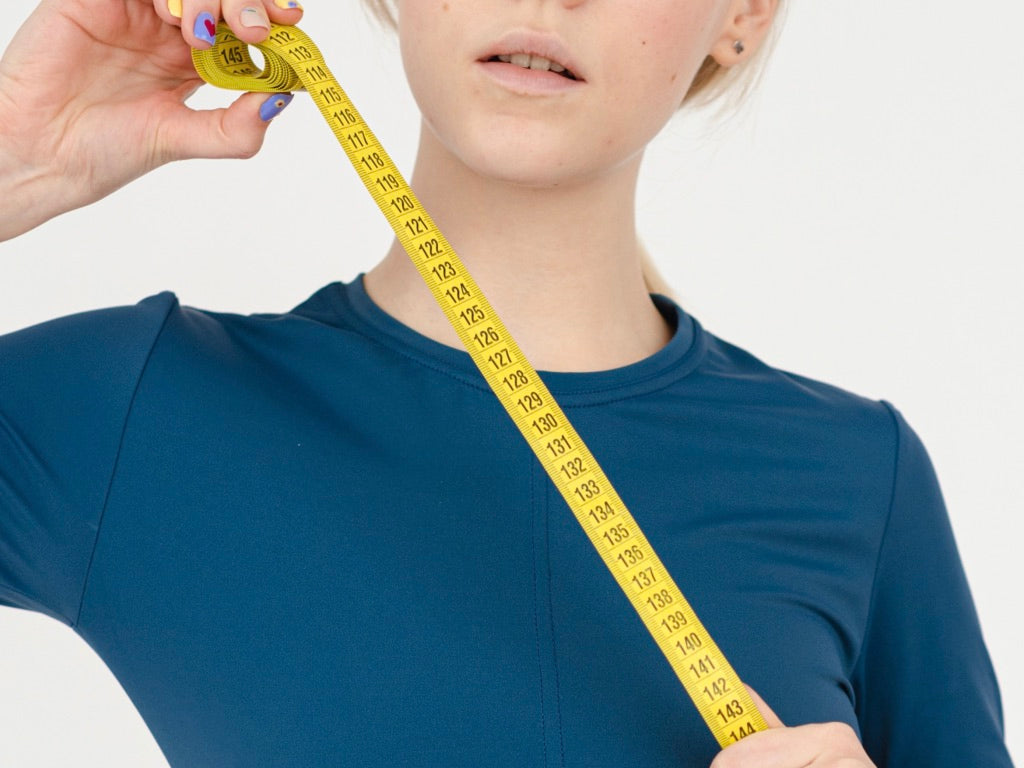
Our Assessment Guided Workouts
Self-care is many things, but at its core it is about giving your body, mind, heart and soul what they need.
It’s a meaningful way to express love, right? Understanding what someone needs and then meeting them there. The same is true in terms of the love we give ourselves.
If you are on a self-care journey, you are likely familiar with two approaches.
First, there’s the bandwagon. For example, every woman over 40 needs to take a calcium supplement. Everyone should avoid dairy. Salt is bad. Fat is bad. Plants are good. But who says so, and based on what?
The wellness industry at large is guilty of assumptions that all good things are good for all people. Well, no. Not always. Turns out, that’s not true. Sometimes, too much of a good thing does, in fact, turn out to be bad. Going all-in on something you don’t actually need is a good way to create imbalances that set your body up for problems ahead.
Alternatively, there is another approach, and that is to assess first and get some information. For example, doctors run tests to see what’s going on with someone before devising a strategy of care.
We prefer the latter and think it also has a vital role in fitness, not as a replacement to all the wonderful classes out there, but as an important supplement, a roadmap if you will, to guide the choices you make in taking care of your body. Without some knowledge, exercise is like throwing darts: maybe we hit the target, maybe we don’t.
We prefer to hit the right target at the right time to get the best payoff, so much so that we've created our classes with evaluation built in. First, we get the information that we need from your body and from there, we have specific exercises to “fix” it.
The reason this approach is so effective is that our bodies are excellent at obscuring tightness and weakness, which impedes mobility and performance. We find that by asking your body questions first, we can respond to them with the kind of intent that creates noticeable results all around.
It’s amazing. Our body does know what's "wrong," and it will tell us. We just need to ask, and listen, and then give it what it needs.
Lastics is the only stretching method with transformational techniques that teach you how to significantly & safely improve your flexibility. Born from the world of dance and made for all levels, Lastics Stretch is loved by everyone!
RECENT ARTICLES
-
The Difference Between Stretching and Being Stretched
-
Your Arms Are Your Secret Weapon for Achieving Splits
-
How Often Should I Stretch?
-
Novel Exercises For Hip Pain
-
Fibromyalgia, Oxalates and Unexplained Pain
-
Muscles Present A Curious Dichotomy That Can Inform Your Exercise Routine
-
If You Want to Increase Your Flexibility, Assisted Stretching Won’t Do It
-
Why You Stretch and Don’t Gain Flexibility
-
How Long To Hold A Stretch and It's Not 30 Seconds
-
This Is How To Increase Your Flexibility

